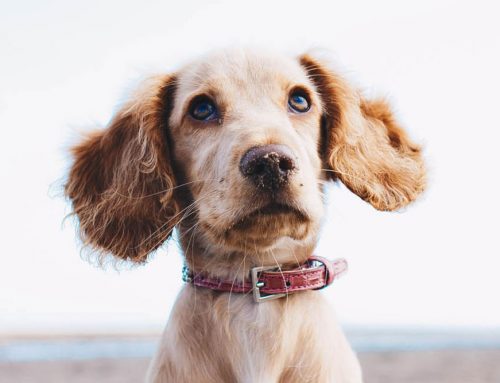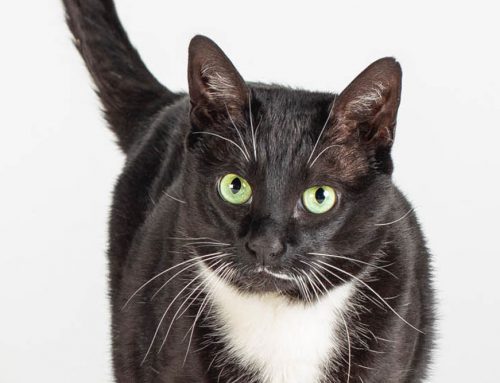Did you know that there are different methods of checking fecal samples for intestinal parasites in your pet? Direct smears, passive fecal flotations and centrifugation are the three primary methods of checking fecals for parasites. The best method by far, is the centrifugation technique. Let’s look at what the United States Companion Animal Parasite Council says about centrifugation of fecal samples:
“In a recent study conducted at Kansas State University by Companion Animal Parasite Council member Dr. Michael Dryden, veterinary students were given positive roundworm and hookworm samples and asked to perform fecal examinations using one of three techniques: (1) direct smear, (2) simple flotation or (3) centrifugal flotation. In every instance, only centrifugal flotation techniques achieved an acceptable level of accuracy. In some cases, less than a third of the positive samples were identified using the other techniques.”
Dr. Dryden also says that centrifugation is “significantly more likely to detect whipworm eggs than passive flotation.”
So, why is this important? Because intestinal parasites can cause severe illness and even death in our pets if left undiagnosed and untreated. Also, because some of these intestinal parasites are contagious to people – especially our children. In people, these parasites can travel to other vital organs, like the eyes, the liver, and the brain. This is known as visceral larval migrans, and while most people develop no symptoms, some individuals will develop symptoms as severe as neurologic issues and blindness.
The best way to protect you and your pet is to have a fecal exam done on your pet every year using centrifugation technique, and then put them on the appropriate intestinal parasite prevention and treatment medication.
State Road Animal Hospital now performs routine fecal exams on adult dogs and cats using the centrifugation technique, which today is considered the “gold standard technique in private practice.”
In order to perform the centrifugation technique, please bring a jelly-bean or larger size of stool sample from your pet to their next appointment. It should be collected within 24 hours of your visit and kept cool (cooler, refrigerator) until you bring it to our office.
We are making this change to more fully protect the health of your pets – and your family. Thank you for helping us live up to our role of maintaining the health of animals and protecting the public health within our communities.







Leave A Comment